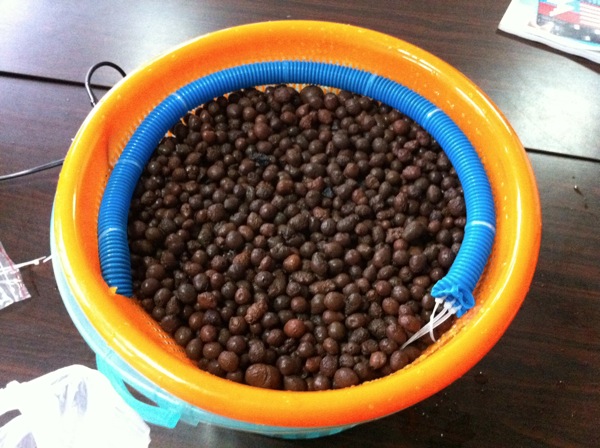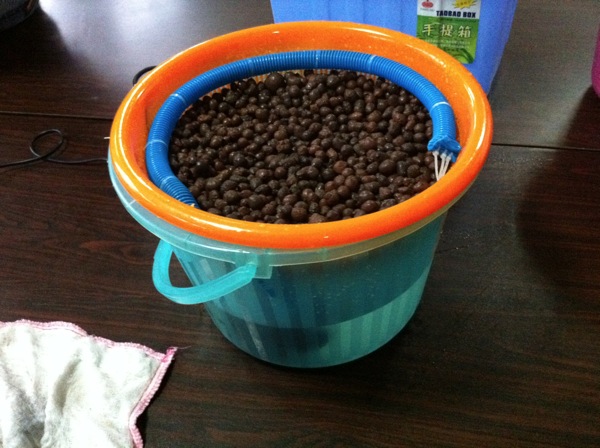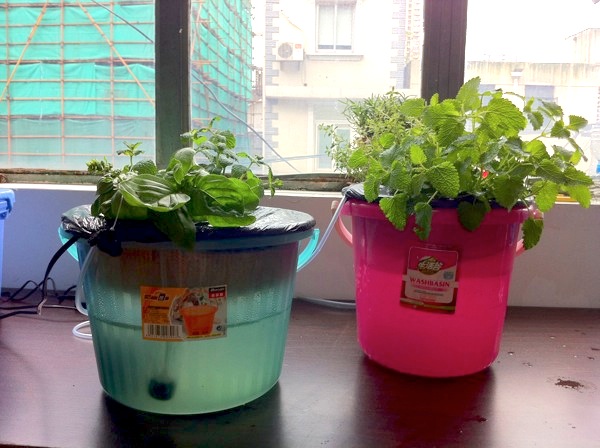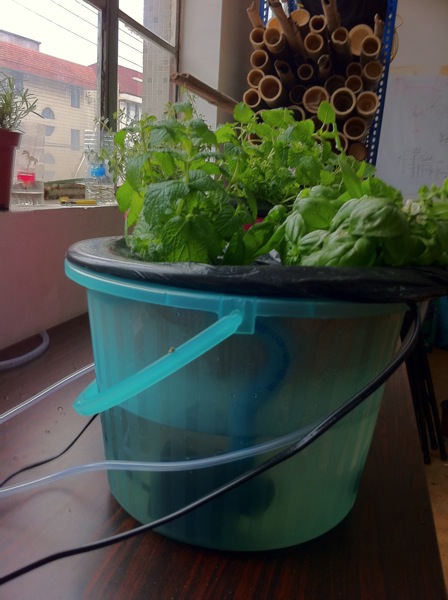June 25th, 2011 § § permalink
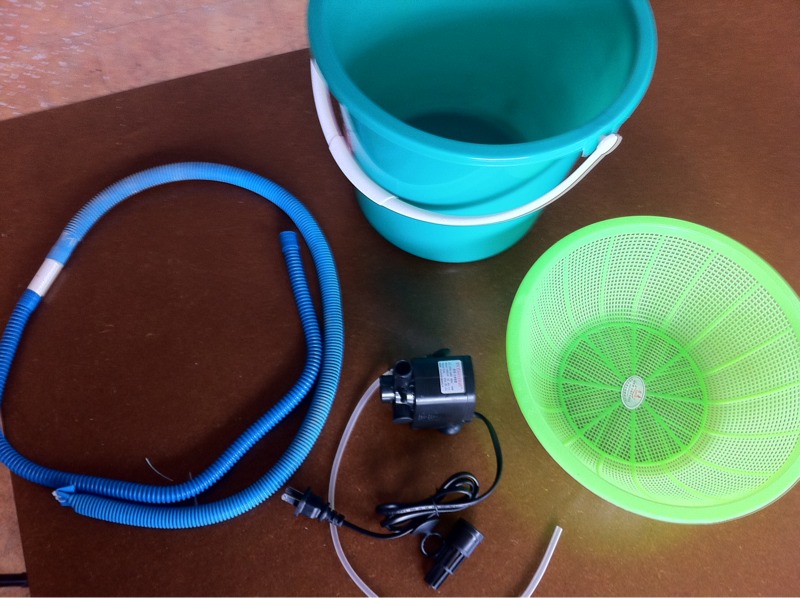
We found ours at friendly neighbor stores near the space.
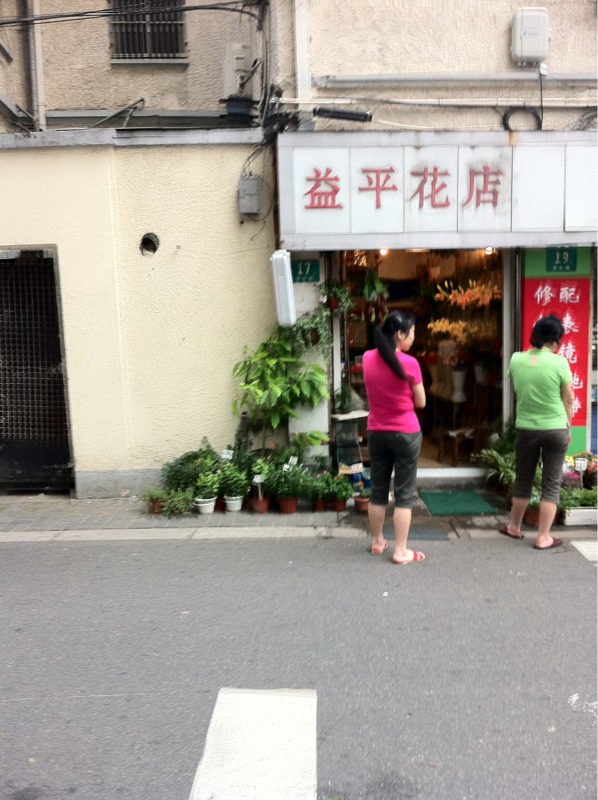
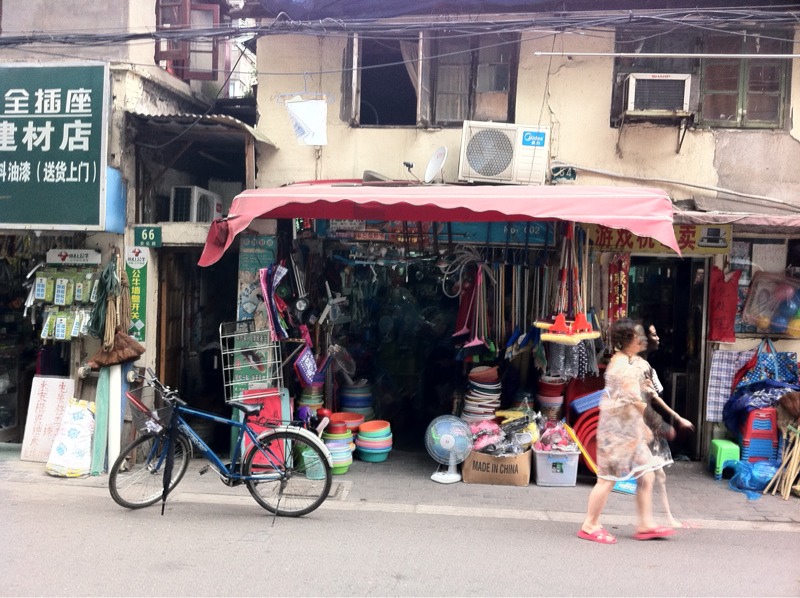
The pipes from the pump are fixed on the basket with cable tie. It’s fixed in this way to provide water upward.
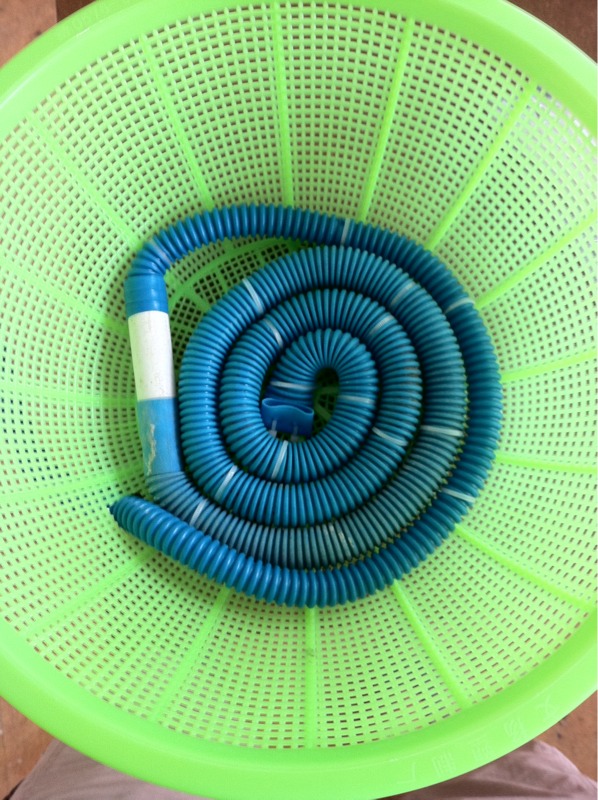
Soldering iron is good at making holes on the pipe. I tried simply punching the holes with screw driver but they are uneven. Soldering iron works much better.
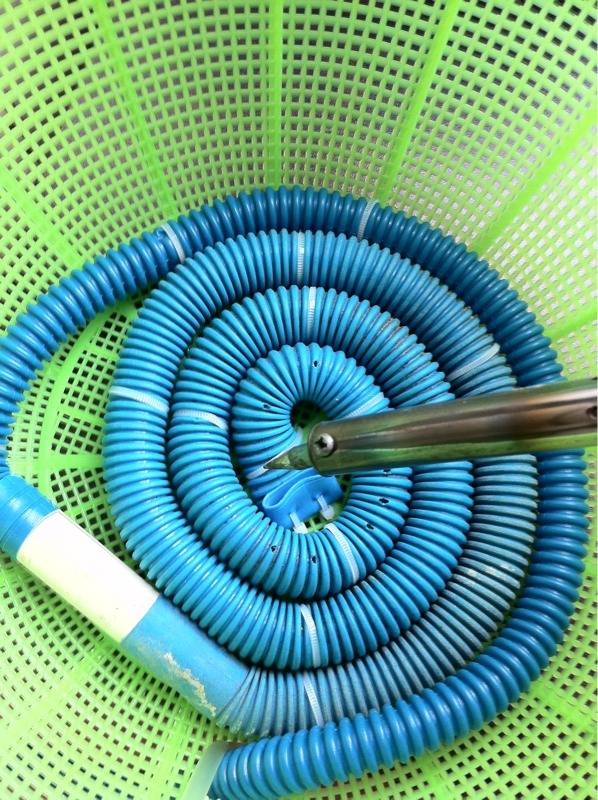
Once the pipe is fixed, put a layer of ceramic balls and transplant the seedlings.
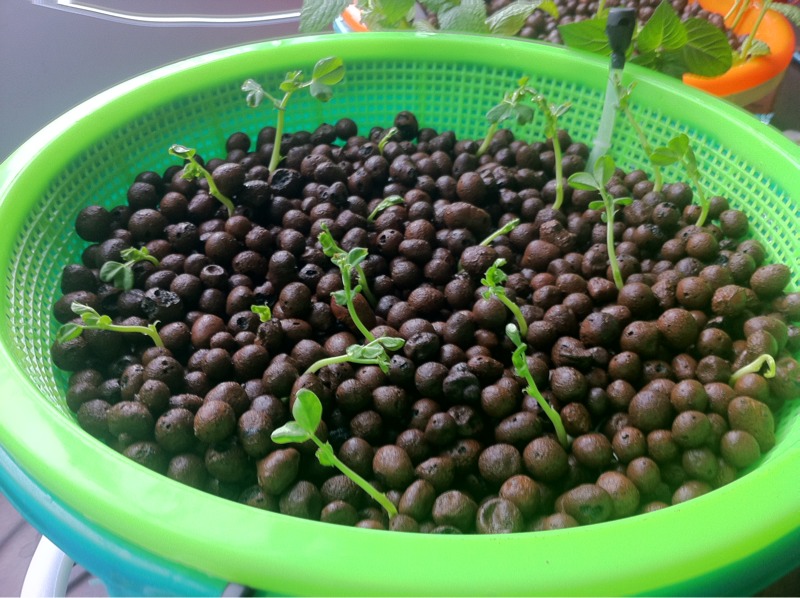
– Posted using BlogPress from my iPhone
Location:Anxi Rd,Shanghai,China
]]>
June 20th, 2011 § § permalink
How to make music in Linux

Cross-compiling to ARM and Introduction to Panda board

Around 50 persons showed up even though it was raining like crazy outside! A big THANK to all the participants for their support!

]]>
June 19th, 2011 § § permalink
June 18th, 2011 § § permalink
We are really happy to have the opportunities in hosting the Rudy Bike in the past few weeks so they can finish the bike for the Demo Day. Rudy Bike is a cool looking electric bike controlled by Arduino and Android.
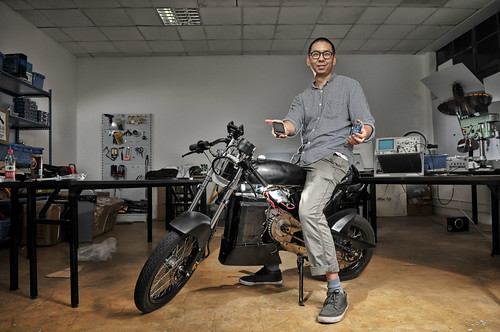
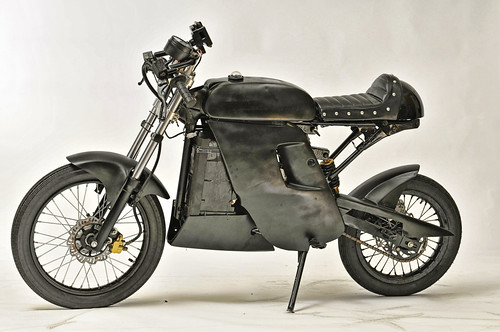
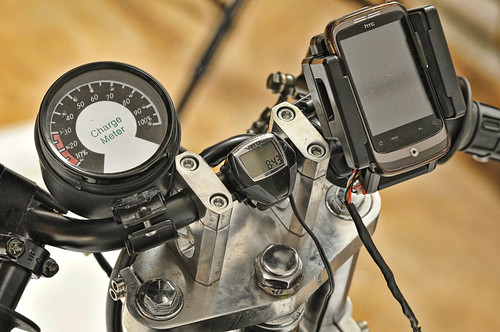
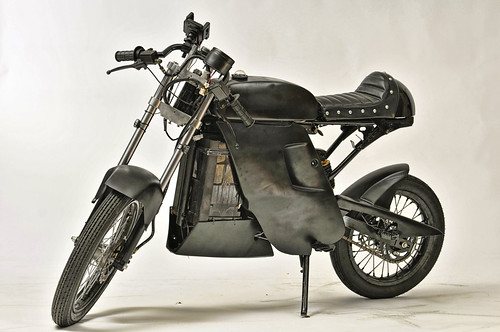
]]>
June 8th, 2011 § § permalink
Android Open Accessory Development Kit.
The Android 3.1 platform (also backported to Android 2.3.4) introduces Android Open Accessory support, which allows external USB hardware (an Android USB accessory) to interact with an Android-powered device in a special “accessory” mode. When an Android-powered powered device is in accessory mode, the connected accessory acts as the USB host (powers the bus and enumerates devices) and the Android-powered device acts as the USB device. Android USB accessories are specifically designed to attach to Android-powered devices and adhere to a simple protocol (Android accessory protocol) that allows them to detect Android-powered devices that support accessory mode.
Workshops are weekly and will explore both the development on the Android-side and the micro-controllers side – touching on all aspects of mechanical, electrical and software engineering of a robot.
In particular, we will look together at the use of ADK-compatible hardware boards, such as the
Google IOIO board or new hardware offerings from
Seeedstudio.
Participation for XinCheJian members who’ve paid their dues is free. For the non-members, the fee is 50 RMB per workshop.
For more information, look at the
“Android & Robots” wiki.
Don’t forget to fulfill the necessary pre-requisites and join the [email protected] mailing list! Note that this is a collaborative workshop, so we expect everyone to contribute and participate actively.


]]>
June 4th, 2011 § § permalink
REQUEST FOR INFORMATION (RFI) 100 YEAR STARSHIP™ STUDY”
The research and work required to build such a starship will itself take decades to answer the challenges of interstellar travel. So the question is: what is the organization best suited to host this research while maximizing the benefits to humanity?
It seems obvious that the nascent movement of technology-oriented communities that are hackerspaces is the best way to host that kind of research and to make sure that the positive results of that research is made available to all.
This is why, 24 hours before the deadline, we solicited hackerspaces around the world to join in a response to the Request For Information. The result in itself speaks to the power of our global community; in that extremely short laps of time, we were able to write up collaboratively and submit an answer suggesting a Global Hackerspaces Consortium. The document is the result of the joint editing efforts of five different hackerspaces from Melbourne, Shanghai, San Francisco, Brooklyn and Maui.
If we are asked to submit a proposal to a Request For Proposal, we expect to have a lot more hackerspaces join us in taking up this challenge. Although our participation to this is a long shot, this is clearly a demonstration that as the hackerspace movement grows, we can expect our scope and impact to increase.
Read our answer to the RFI here: Global Hackerspaces Consortium and the 100 YEAR STARSHIP STUDY.]]>
June 3rd, 2011 § § permalink
XinCheJian is proud to host Dorkbot Shangahi #4 on Sunday May 29th. Dorkbot is a group of affiliated organizations worldwide that sponsor grassroots meetings of artists, engineers, designers, scientists, inventors, and anyone else working under the very broad umbrella of electronic art. The dorkbot motto is “people doing strange things with electricity”.
There were 4 artists who presented their work:
Wu Juehui // Juehui is a New Media Artist. In recent years, Wu Juehui operates on the potential interface between art and science, between body and media in close collaboration with research institutes for neural engineering, automatic control and computer graphics.



Harald Haraldsson // Harald is the founder of Wonwei and presented some of their latest work, he also talked about how creative coding can be applied to computational design.


Wang Changcun // Media artist based in Hangzhou, with works exhibited in China, France, Netherlands and Belgium. He talked about his creative process using Max/MSP, Processing, and Flash.


Jingni Wang // Media artist based in Shanghai. She graduated from China Academy of Art, Intermedia Art Department and has completed artist residencies in Netherlands, Belgium, and China. Jingni Wang presented her wearable computing project called Lover’s Instrument. She also talked about social sustainability.



More pictures


]]>









